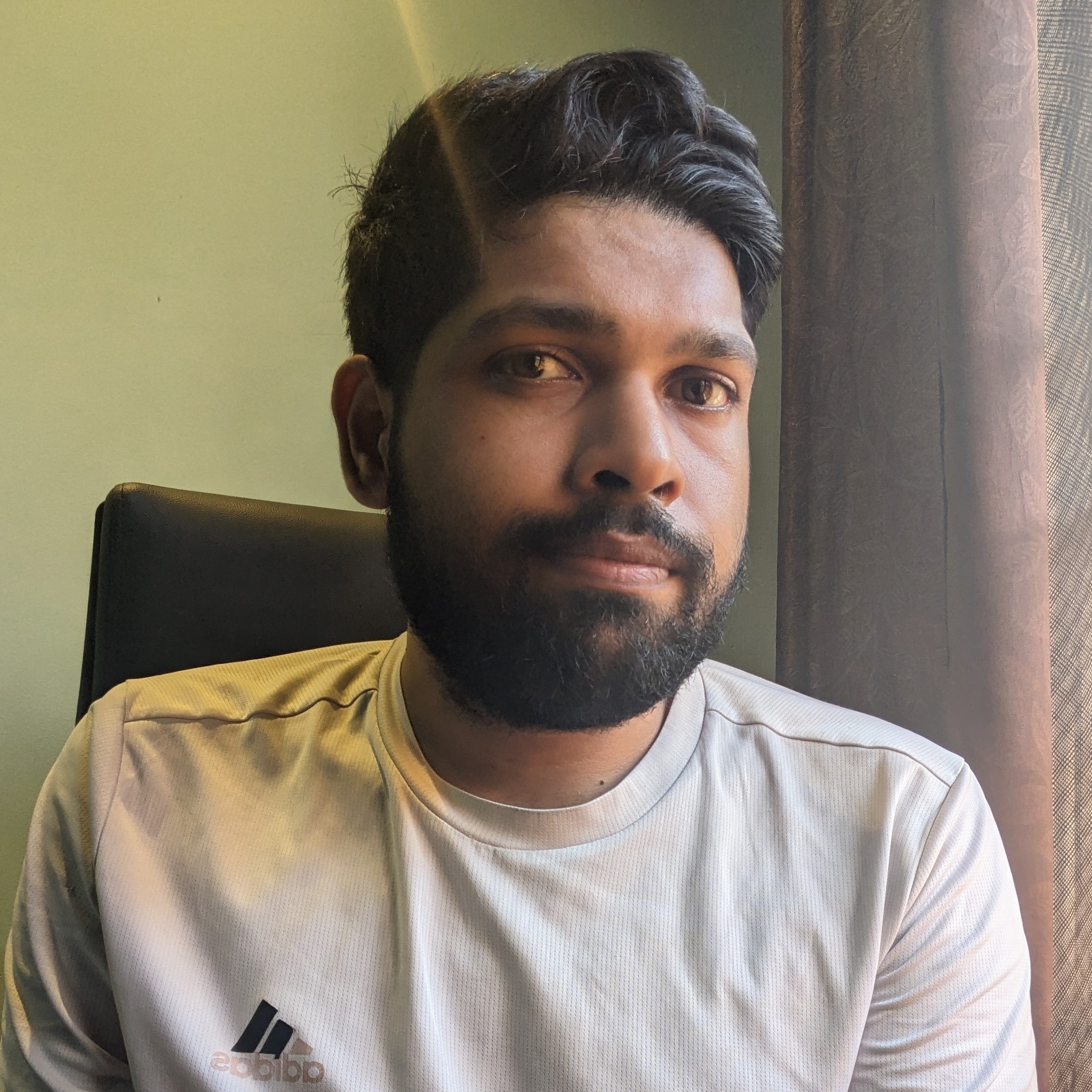At the beginning of the year, few would have expected Bayern Munich to be anywhere other than the top spot come November. It was only a matter of fact that Bayern, perennial winners of the Bundesliga title and after 6 consecutive titles would get their hands on it. The only question was: When?
As it turns out, things are not that simple anymore. For the first time in what seems like forever, Munich are no longer de-facto champions, waiting for the trophy to be handed over to them.
It might be due to some mistakes they have made on their own. Perhaps the appointment of a manager who was not as high-profile for a club of such high ambitions. Perhaps their lack of activity in the transfer windows to phase out ageing veterans. Or perhaps it is the arrival of another powerhouse to the league, draped in red and yellow.
Currently, following their emphatic 3-2 win over Bayern Munich, Borussia Dortmund are seated at the very top, 4 points ahead of Borussia Monchengladbach in second place and 7 ahead of Bayern themselves at third. And none of it, unlike the previous year, is a fluke.
Investment in youth

After the Dembele fiasco and the subsequent bad blood between him and the club last season, it was worrisome to the board that their best players get poached every season by the more elite clubs. It was only natural that players left when called by more recognisable names.
But instead of treating the profits as mere profits - look at what has happened to Monaco now - the club has reinvested their funds, and wisely. This season, they have brought in the likes of Paco Alcacer (25 years old), Thomas Delaney (27), Axel Witsel (29), Hakimi (20), Brunn Larsen (20) - all of whom have been integrated into the squad as full-time members.

In addition to that, players who were purchased last season - Sancho (18), Mahmoud Dahoud (22), Akanji (23) have also been made part of the team instead of going out for veteran players as most clubs tend to do. It is safe to say that this approach has paid off.
This summer window, the average age of the players brought in by the club was a mere 23, while the departees had an average age of 26.8. At just a glance, it doesn't seem like much but it is entirely unheard of such a big team to "experiment" with younger players.
Hiring a coach that fits the mentality of the club

If you followed football long enough, you must have heard this term - 'mentality' thrown around a lot. Despite the owners and the players and the managers and even the back-room staff changing over the course of multiple seasons, the mentality of clubs remains the same.
Some are called chokers and bottlers and they live up to their name. Some are Galacticos and they live up to theirs by procuring high-end players against all odds. Some play a far more nuanced style of football than others and others roundhouse kick their way to trophies. Whatever happens, the mentality sticks through.
Previously, under Jurgen Klopp and then other Thomas Tuchel, Dortmund was influenced by a form of football that can only be described as aggressive. Theirs were teams not modelled on a tight defence but an unrelenting attack, capable of bringing back goals even after however many they conceded.
But under Peter Bosz and Peter Stoger, that mentality was hardly seen. They looked clueless in attack most of the times, playing a high line of defence against teams with superior pace to theirs. They relied too much on long balls from the back, rather than the fluid passing that Klopp and Tuchel embodied.
Before taking over at BVB, Lucien Favre had taken Nice to third in the French League, their best finish in decades. Before that, he had taken a struggling Monchengladbach to fourth and third place finishes in the Bundesliga, after leading Hertha Berlin to a fourth-place finish.
And all this, he had done with eye-catching football. A perfectionist at heart and his approach to the game, he depended on fast, attacking play - all of which fit hand-in-hand with Dortmund's own philosophy.

Add to these two major factors a host of minor ones - like the match fitness of a playmaker like Marco Reus, a renewed midfield that comprises of Witsel and Dahoud, Alcacer's supreme confidence that was seriously lacking during his Barcelona days, Bayern's implosion at the moment that paves a way for a new contender to emerge, their knack/luck for turning around games in the second half, and we have in our hands a classic case of resurgence.
That is not to say that Borussia Dortmund are champion-elects at the moment. Bayern being Bayern, one can never count them out and Monchengladbach are having a revival of their own.
But even if they go on to not win this year, there is no denying that this is a team on the rise. There is no denying that this is a team that has been moulded and forged, and not simply patched in with a wad of cash. And that is a success story more than any other.
